
Leaders of seven of the 10 largest economies in the world united today in an ambitious agenda for the conservation of the planet, recognizing the critical role of nature in rebuilding the global economy in the aftermath of the COVID-19 pandemic.
In a joint statement, the heads of state from the G7 nations agreed to conserve or protect at least 30% each of the land and ocean on Earth by 2030 to halt and reverse biodiversity loss. The communique also included support for conserving the biologically rich waters of the Antarctic Southern Ocean, tackling marine plastic pollution, addressing unsustainable and illegal activities negatively impacting nature, and mobilizing sustained financing to tackle climate change and biodiversity loss...
Read More









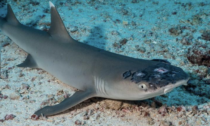
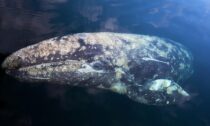
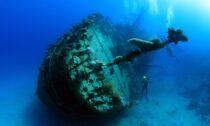
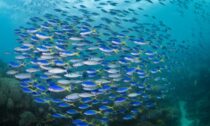
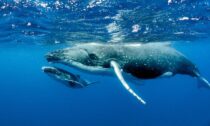
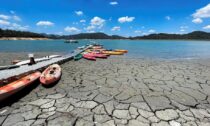
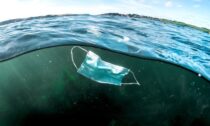
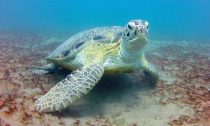
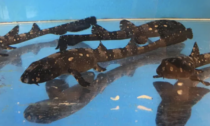

Social Profiles